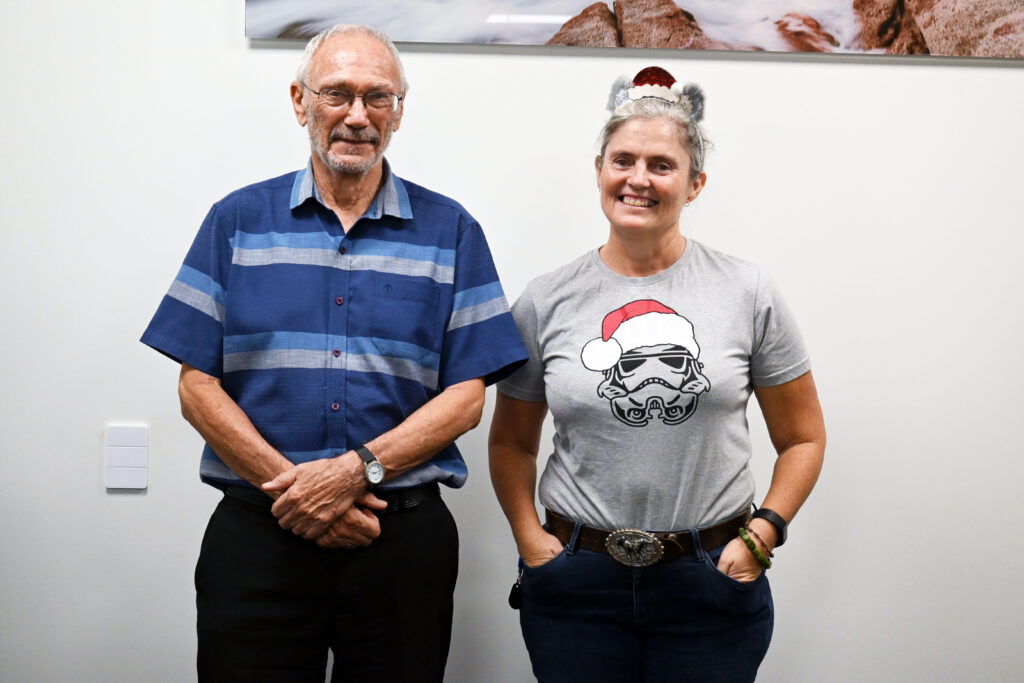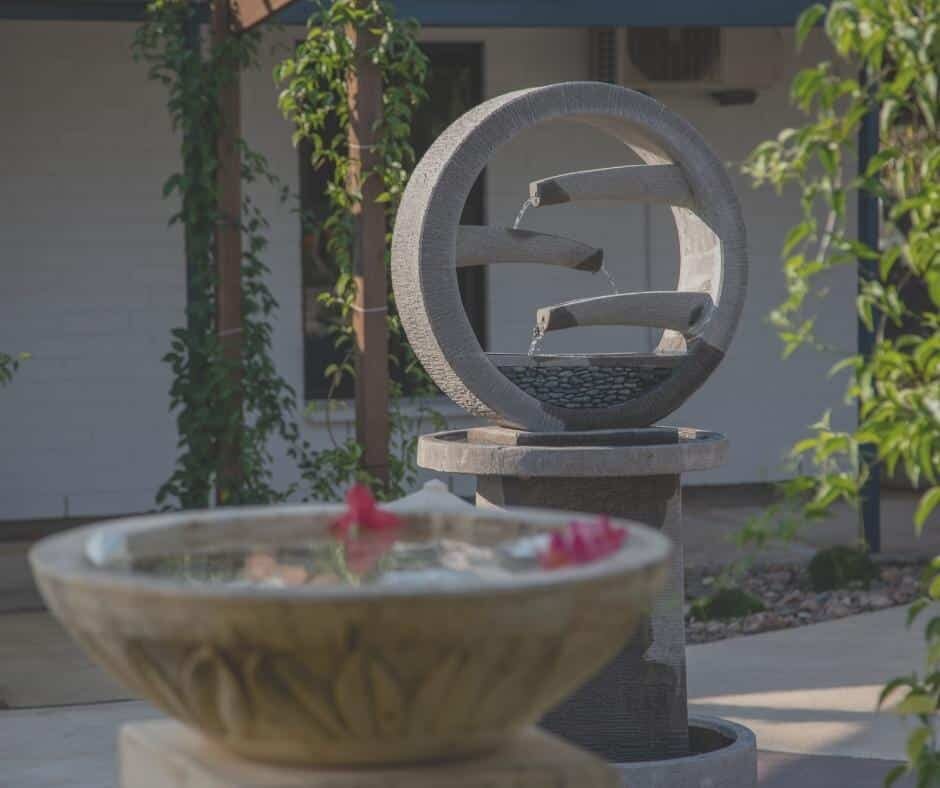The Art of Counselling: Nurturing Trust and Insight among Carers
4 January, 2024
In the realm of emotional support, counselling stands out as a non-judgmental space where individuals can embark on a transformative journey toward insight and healing. Despite its potential benefits, many people are hesitant to seek counselling due to concerns about judgment and confidentiality. At Carers NT, we strive to address them by offering various counselling methods, including face-to-face sessions, telephonic, and online services that allows carers to choose the method that aligns best with their comfort and convenience. We also prioritize the confidentiality of the information shared by carers, ensuring a secure and supportive environment for their personal growth.
Kenneth Marston, our experienced counsellor, emphasizes the power of spoken words, highlighting that the act of speaking is distinct from thinking. Kenneth motivates individuals to share their thoughts openly, believing that doing so will assist them in unravelling and understanding their own thoughts. He mentions the word ‘utter’ means ‘outer’, revealing its connection and suggesting that expressing one’s thoughts brings them to the surface.
Linda Spencer, another dedicated counsellor, adds a profound layer to the counselling process, describing it as a sacred witnessing. For Linda, the term ‘sacred’ signifies a sense of humility and privilege. “When I say sacred, I am humbled,” she explains, expressing the honour she feels in holding space for individuals toward a comfortable place of opening up. Linda views listening as a sacred act, and is an important part of the sessions provided to those seeking support.

The foundation of therapeutic relationship is pivotal in counselling, where individuals are provided an opportunity to open up to discuss their stressors and concerns. Ken outlines the importance of face-to-face and telephone sessions in establishing a beneficial therapeutic relationship. These modalities, according to him, offer a more immediate and personal connection. Linda also provides telephone and in-person approaches and appreciates the visual reference provided by online meetings, particularly through platforms like Zoom. She notes that many young carers find comfort in these digital spaces, allowing them to participate from the safety and convenience of a familiar environment.
Both Ken and Linda agree that the effectiveness of counselling combines both art and science in collaboration with the carer to affective positive change. They say that convenience, comfort and desires of carers take precedence. Linda mentions that the natural environment and connection to nature provide a unique backdrop for counselling. Linda often hosts sessions in the garden at Howard Springs facility to enhance a carer’s experience of resilience and wellbeing.
Counselling, can provide a non-judgemental space to explore internal experiences, relationships with others and the world around you, in order to improve a sense of wellbeing, resilience and positive life outcomes. It’s easy for carers to lose sight of their own mental health amid the demands of caregiving. Recognising the need for self-care, Linda emphasizes that it goes beyond mental health; it encompasses the mind-body connection. She advocates for a focus on the physiological aspects of self-care, encouraging individuals to nurture their holistic well-being.
In the world of counselling, where words, emotions and physiology are explored, Ken and Linda shed lights to the diverse pathways individuals can take to seek support. Whether in the serene garden of Howard Springs or the digital world of online platforms, the essence remains the same – a sacred space for healing, understanding, and growth.

